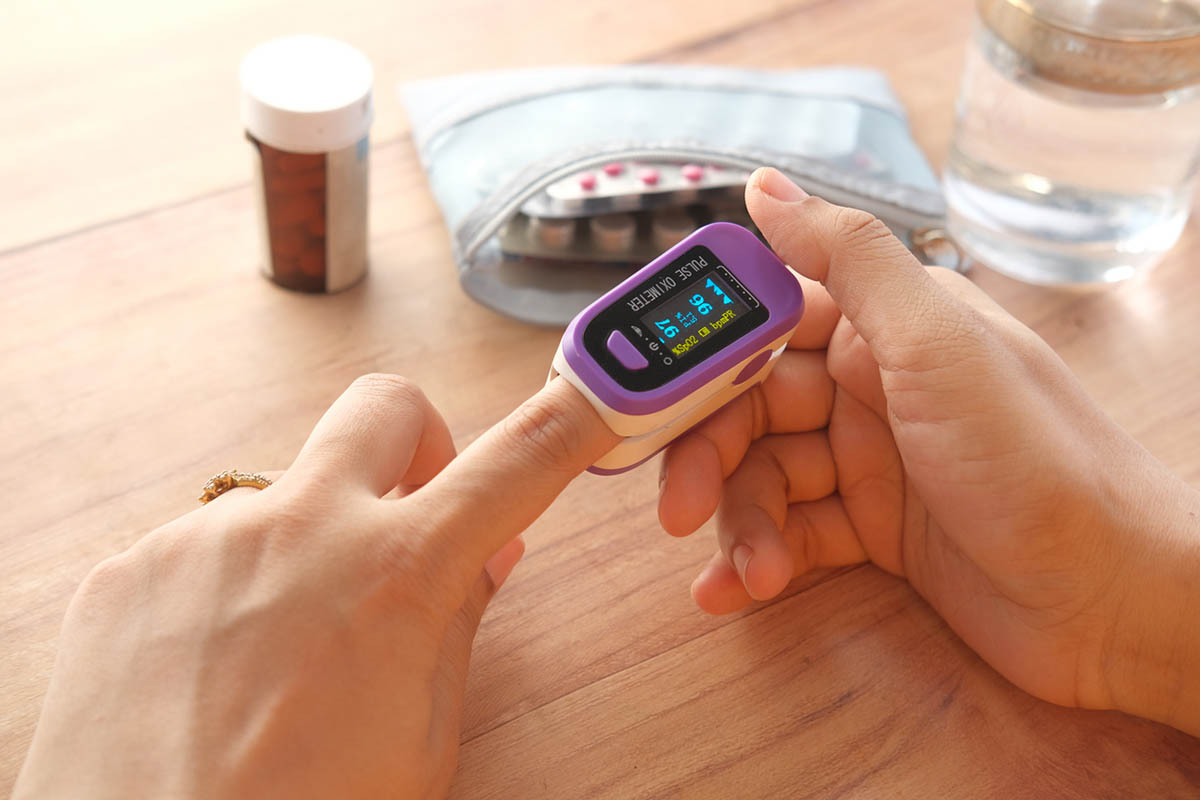Background: The current study was designed to assess the safety and efficacy of imipramine and buspirone in the treatment of major depression in elderly depressed attendees of primary care practices.
Method: 177 patients aged 65 and over (mean age=72 years; range, 65_89) who met DSMIIIR criteria of unipolar major depression with a minimum Hamilton Rating Scale for Depression score of 18 were randomly assigned to 8 weeks of double-blind, placebo-controlled treatment with flexible doses of either imipramine or buspirone.
Results: Moderate to marked global improvement after 8 weeks of treatment (LOCF analysis) occurred in 70% of patients treated with imipramine, 61% of patients treated with buspirone, and 42% of patients treated with placebo (c2=9.1, df=2, p < .02). Drug treatment was well tolerated, with 77% of imipramine- and 61% of buspirone-treated patients completing 8 weeks of therapy. Imipramine/placebo differences were present from week 2 on, but buspirone/placebo differences occurred only at week 8. The presence of comorbid medical illness or concomitant use of nonpsychiatric prescription medications was not associated with poorer antidepressant response, increased adverse effects, or study attrition.
Conclusion: Imipramine and to a lesser extent buspirone were found to be effective and well tolerated in the treatment of elderly depressed outpatients.
Author Affiliations

Enjoy free PDF downloads as part of your membership!
Save
Cite



